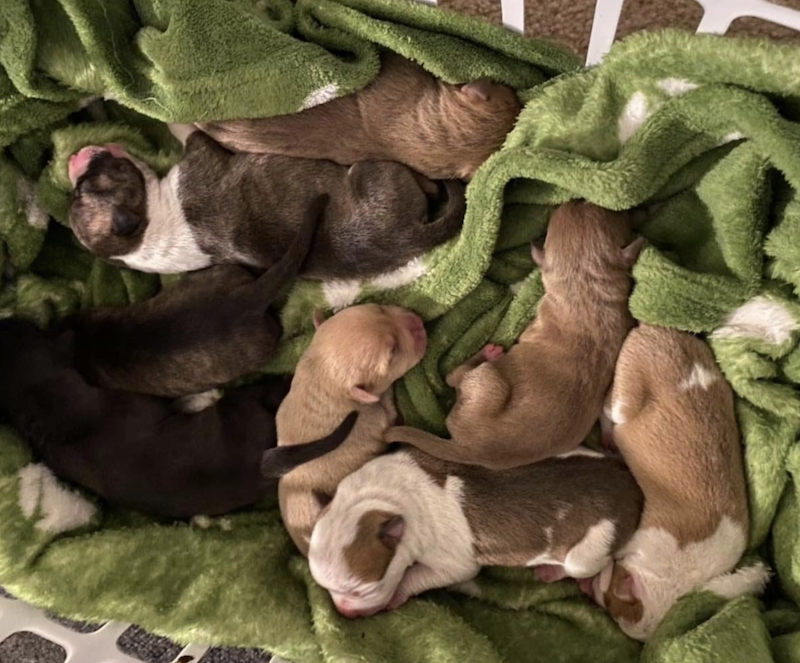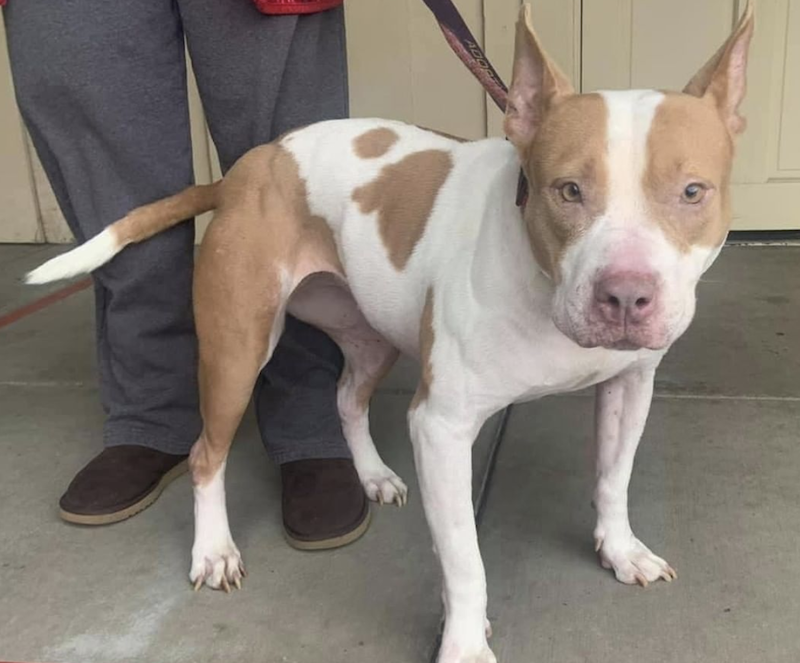
In January, actress Kim Basinger put Craigslist on the spot by demanding the platform ban all posts regarding animals. Through various loopholes, the website has been used to sell and trade animals for numerous unethical purposes such as dog fighting and puppy mill activity. To understand more about this underground market, we interviewed Kelly Reeves, founder of Southern California rescue Paw Prints in the Sand. From the Craigslist loophole to the efforts being made to stop it, here’s what you need to know and how you can help.

The Craigslist loophole
Technically, Craigslist prohibits the sale of animals on its platform; however, posts are allowed for “rehoming” purposes. While perhaps well-intentioned, this creates a massive loophole, and it is exploited heavily. In the seven years Reeve’s rescue has been in operation, she’s seen more than her fair share of individuals who manipulate the system.
“I have seen horrific stories of abuse by people who adopted a dog that was listed as ‘free to a good home’ on Craigslist. It’s probably one of the worst cases of animal abuse I’ve ever seen. Craigslist is also frequented by dog fighters who are looking for free bait dogs,” Reeves revealed.
While her rescue focuses on pulling animals from municipal shelters, Reeves explained that there are Facebook groups solely dedicated to scouting and saving animals posted on Craigslist. She also noted that similar sleuthing goes on in Facebook Marketplace where “people will post a crate for sale when they are really selling puppies.”
The animal’s experience
In Reeves’ experience, the majority of the animals posted on Craigslist are there as a result of the previous owner’s lack of due diligence and responsibility. Some are malnourished, covered in fleas and ticks, and need some attention from a vet, but she has yet to come across an intentionally abused animal. “That doesn’t mean they’re not out there; I just haven’t seen them,” Reeves noted. Most of the animals posted on Craigslist aren’t in a poor enough state to constitute an investigation for animal abuse, but there’s a gaping grey area between legal action and decent welfare. Just because most animals aren’t obviously abused, it doesn’t mean they’ve led a good life.
Reeves recounted an experience of a dog she recently rescued from Craigslist. “[This dog] was left in a crate 24/7. We had to potty train her, socialize her, and let her know she’s safe—that it was okay to be outside of a crate and she wasn’t going to get into trouble for simply being a dog.”

What rescues are doing to help
Beyond Basinger’s demand letter to Craigslist’s CEO—Jim Buckmaster—rescues and animal welfare groups have consistently called on the company to prohibit posts with free animals, to enforce stricter regulations, and to mandate pre-approval of posts. While Craigslist fails to take up these actions, rescues like Paw Prints in the Sand are doing what they can to work with those posting their animals for free. Reeves explained that many will surrender their animal to a rescue, as they’re “desperate to get rid of [him/her].” When the owner refuses to surrender, Reeves stated that they’ve “had to get creative and ensure the animal doesn’t end up in the wrong hands.”
What you can do
We can’t all patrol Craigslist and foster every animal in need, but we can support the people doing this necessary work. Reeves advised those who are looking for a companion animal to adopt from a reputable, foster-based rescue and to donate to these organizations when financially possible. For those not ready to take on a permanent new furry family member, fostering is a terrific option. Fosters can lighten the load of a rescue and allow them to save more animals without making a life-long commitment.

If you can no longer care for an animal
Reeves has seen hundreds of individuals and families surrender their companion animals. When asked about this tough situation, she advised, “If they got the animal from a good rescue, then it would be required contractually for them to return the animal to the rescue. However, we urge people to try to not contribute to the animal abandonment and shelter overpopulation issue and try to work it out. There is always a way to figure things out if people are patient and willing to put in the time and effort. Sadly, so many aren’t, so they come to us and ask us if we can take over their responsibility. We do understand that these are challenging times. People are losing their income and homes. I just urge that they go the extra mile and ensure their pet goes to a good rescue or a responsible and loving home.”
Tanya Flink is a Digital Editor at VegNews as well as a writer and fitness enthusiast living in Orange County, CA.
Image credit: Paw Prints in the Sand
This post was originally published on VegNews.com.